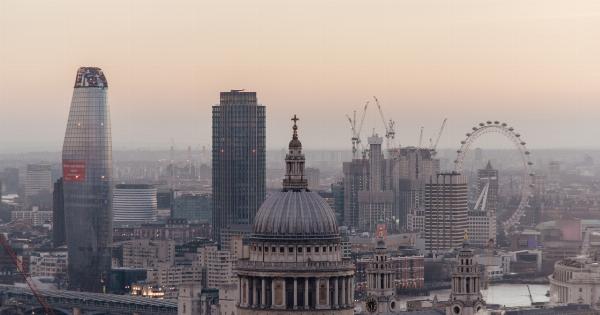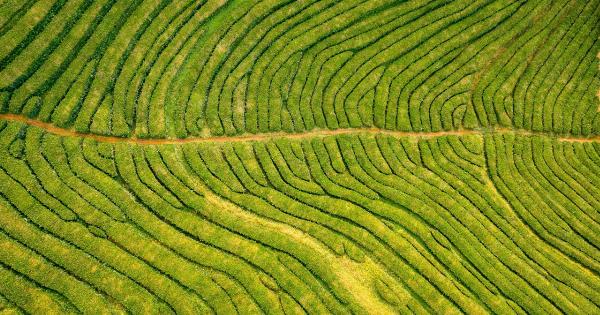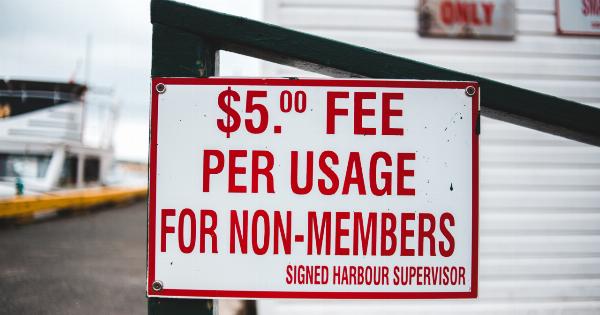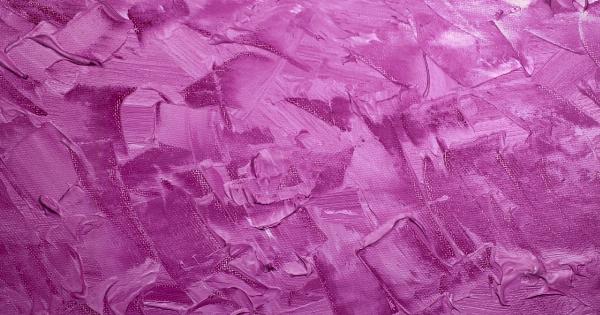Nosebleeds can be a hassle, causing inconvenience and sometimes even concern. While occasional nosebleeds are generally harmless, there are cases where the nosebleeds seem to persist and won’t quit.
If you find yourself in such a predicament, it might be because of an unexpected reason. In this article, we will explore the possible causes for stubborn nosebleeds and discuss how to address them effectively.
Anatomy of a Nosebleed
Before we dive into the unexpected reason behind relentless nosebleeds, it is crucial to understand the anatomy of a nosebleed. The nose contains a significant number of blood vessels that are close to the surface.
When these blood vessels are disrupted or damaged, bleeding occurs, resulting in a nosebleed.
There are two types of nosebleeds: anterior and posterior. Anterior nosebleeds are the most common and typically originate from the front of the nose.
They occur when blood vessels in the nasal septum (the thin wall dividing the nasal passages) are damaged. Posterior nosebleeds, on the other hand, are less common and originate from deeper within the nose. They usually result from an injury to the blood vessels in the back part of the nose.
Common Causes of Nosebleeds
Now that we have an understanding of how nosebleeds occur, let’s explore some of the common causes:.
1. Dry Air
Dry air is a common cause of nosebleeds, especially during dry climates or the winter months when indoor heating is used. Low humidity can dry out the nasal membranes, causing them to crack and bleed.
2. Nose Picking
One of the most common and easily avoidable causes of nosebleeds is trauma from nose picking. Picking the inside of your nose with sharp or dirty fingernails can injure the blood vessels, leading to a nosebleed.
3. Allergies and Sinusitis
Allergies and sinusitis can cause inflammation and irritation in the nasal passages, making the blood vessels more susceptible to bleeding. Persistent sneezing, itching, and blowing your nose forcefully can contribute to nosebleeds.
4. Trauma or Injury
A direct impact to the nose, such as a fall or a blow, can cause blood vessels to rupture and result in a nosebleed. Sports-related activities and accidents are common scenarios where nosebleeds occur due to trauma.
5. Blood-Thinning Medications
If you are taking medications that thin the blood, such as aspirin or anticoagulants, it can interfere with the body’s ability to clot blood. This can make nosebleeds more persistent and prolonged.
6. Deviated Septum
A deviated septum refers to a condition where the nasal septum is crooked or off-center, obstructing proper airflow. This misalignment can make the blood vessels more prone to irritation and nosebleeds.
7. Nasal Infections
Nasal infections, such as sinusitis, rhinitis, or common cold, can result in increased mucus production. The excessive mucus production can cause congestion and blockage in the nasal passages, leading to nosebleeds.
8. High Blood Pressure
Uncontrolled high blood pressure can put strain on the blood vessels, making them more susceptible to bursting and causing nosebleeds.
9. Nasal Tumors or Abnormal Growths
In rare cases, persistent nosebleeds can be a sign of nasal tumors or abnormal growths, such as polyps. These growths can irritate and damage the blood vessels, leading to recurrent nosebleeds.
Treating Persistent Nosebleeds
Addressing persistent nosebleeds requires identifying and addressing the underlying cause. However, here are some general steps you can take to stop a nosebleed:.
1. Stay Calm and Upright
Remain calm and keep your head slightly forward, not backward, to prevent blood from flowing down the throat. Tilting the head back can lead to swallowing blood, which may cause nausea and vomiting.
2. Pinch the Nose
Using your thumb and index finger, pinch the soft parts of your nose together, just below the bony bridge. Maintain steady pressure for 10 to 15 minutes. Avoid releasing the pressure during this time as it may disrupt clot formation.
3. Apply Ice
Placing a cold pack or ice wrapped in a cloth on the bridge of your nose can help constrict the blood vessels, slowing down the bleeding.
4. Avoid Irritants
Refrain from blowing your nose forcefully, using irritating nasal sprays, or exposing yourself to smoke, dust, or other airborne irritants that can aggravate the nasal passages and prolong the bleeding.
5. Humidify the Air
Using a humidifier or a nasal saline spray can help moisturize and soothe dry nasal passages, reducing the risk of nosebleeds caused by dry air.
When to Seek Medical Attention
While most nosebleeds can be managed at home, there are instances where medical attention is necessary. Seek prompt medical help if:.
1. The nosebleed lasts for more than 20 minutes.
2. The bleeding is heavy and difficult to control.
3. You experience frequent nosebleeds without an apparent cause.
4. Nosebleeds are accompanied by other unusual symptoms.
Remember that medical professionals are best equipped to evaluate your situation and provide appropriate guidance.
Preventing Recurrent Nosebleeds
While some causes of nosebleeds are unavoidable, there are steps you can take to reduce the risk of recurrent nosebleeds:.
1. Keep the Nasal Passages Moist
Use a saline nasal spray, especially in dry environments or during winter, to keep the nasal passages moist and prevent drying and cracking.
2. Avoid Nose Picking
Resist the urge to pick your nose, as it can lead to trauma and nasal bleeding. Trim your fingernails regularly to minimize the risk of accidental injuries.
3. Use a Humidifier
If you live in a dry climate or use indoor heating, consider using a humidifier to add moisture to the air and prevent nasal dryness.
4. Manage Allergies and Sinus Problems
Consult with an allergist or an ENT specialist to effectively manage allergies, sinusitis, or other conditions that contribute to nasal irritation and frequent nosebleeds.
5. Avoid Overusing Nasal Decongestants
Using nasal decongestant sprays for an extended period can lead to dependency and nasal irritation, increasing the risk of nosebleeds. Follow the recommended usage guidelines.
Conclusion
Nosebleeds can be troublesome, particularly when they seem relentless. Identifying and addressing the unexpected reasons behind persistent nosebleeds are imperative to finding effective solutions.
By understanding the causes, following preventive measures, and seeking medical attention when necessary, you can manage and minimize the occurrence of stubborn nosebleeds.






























